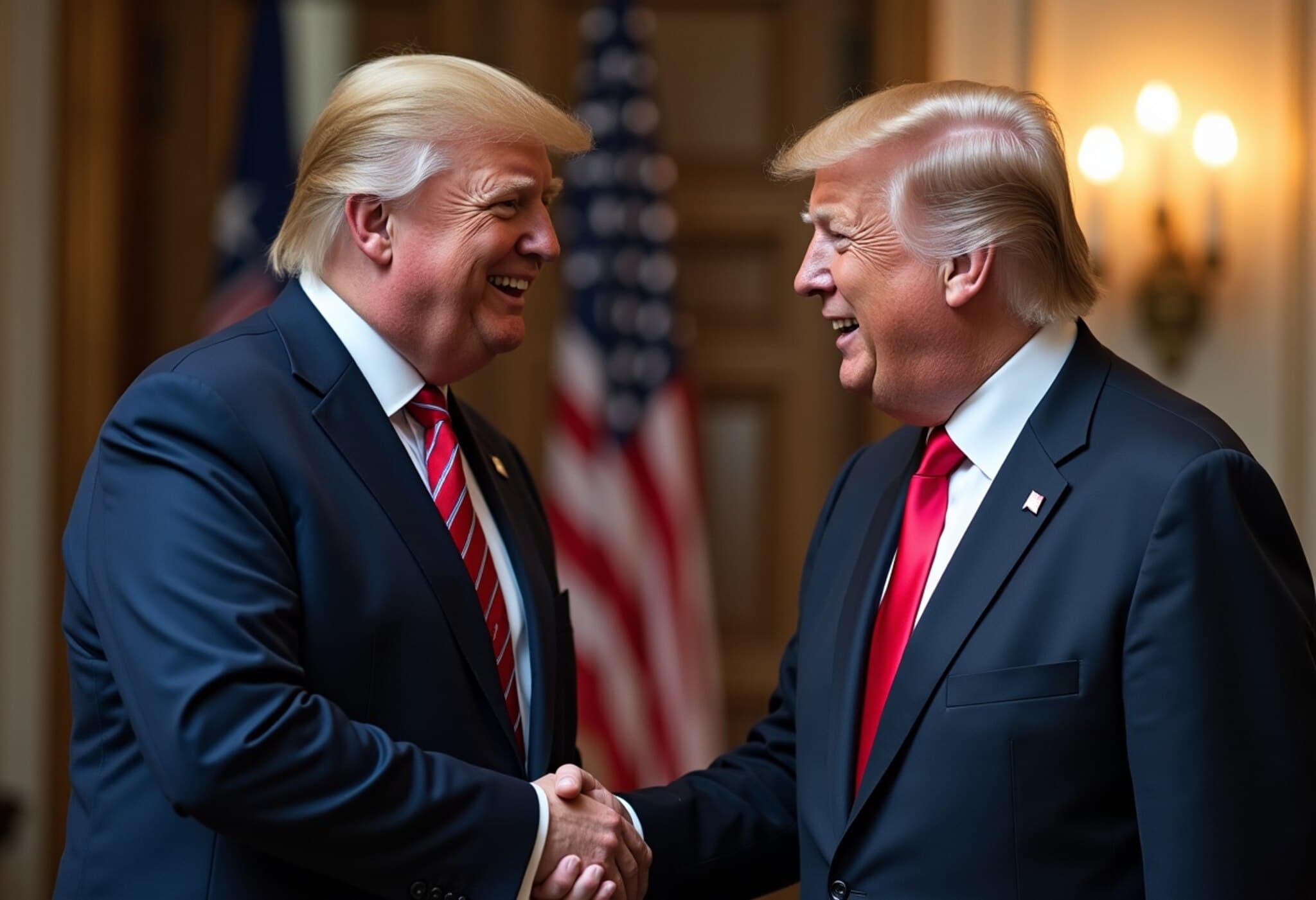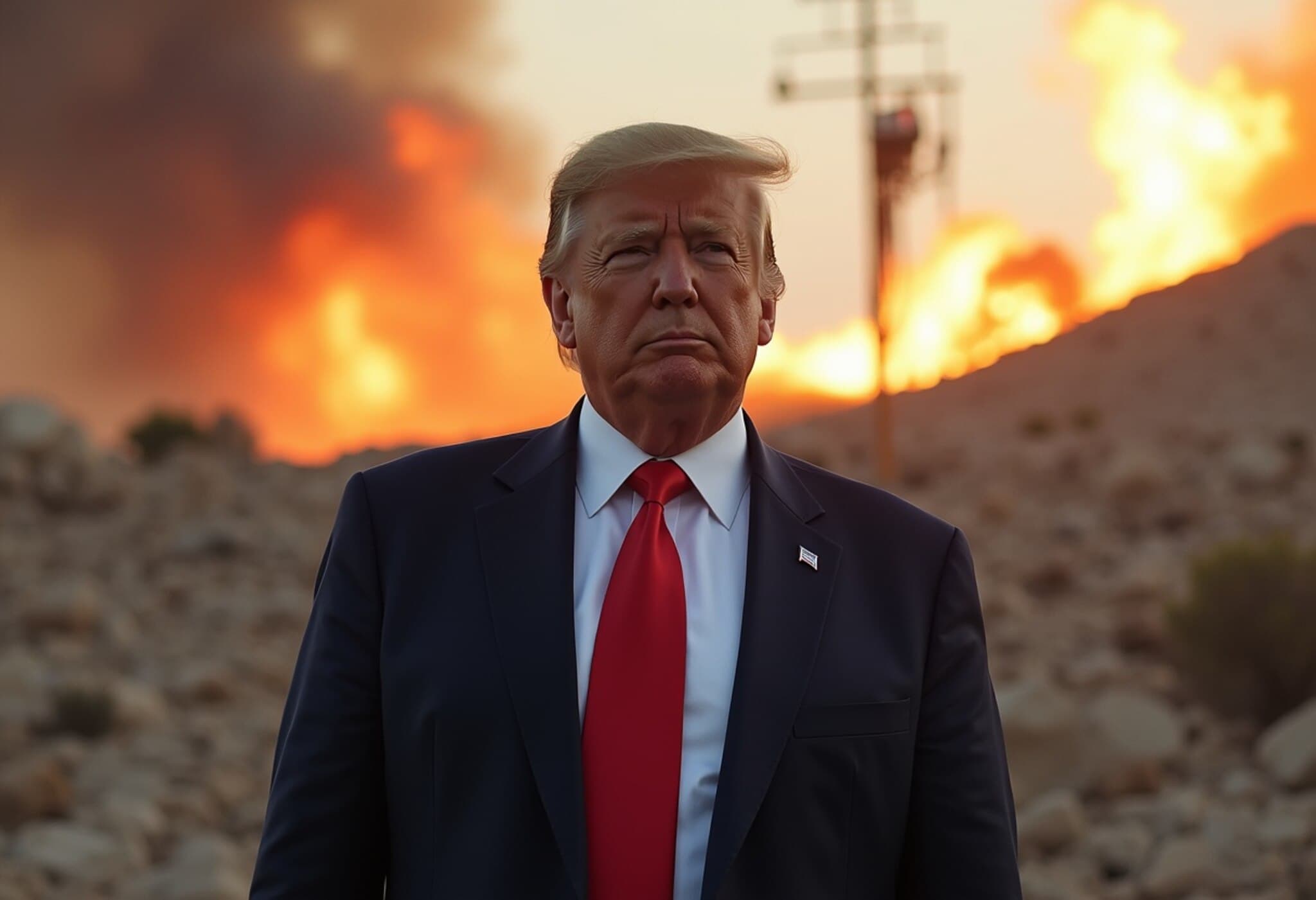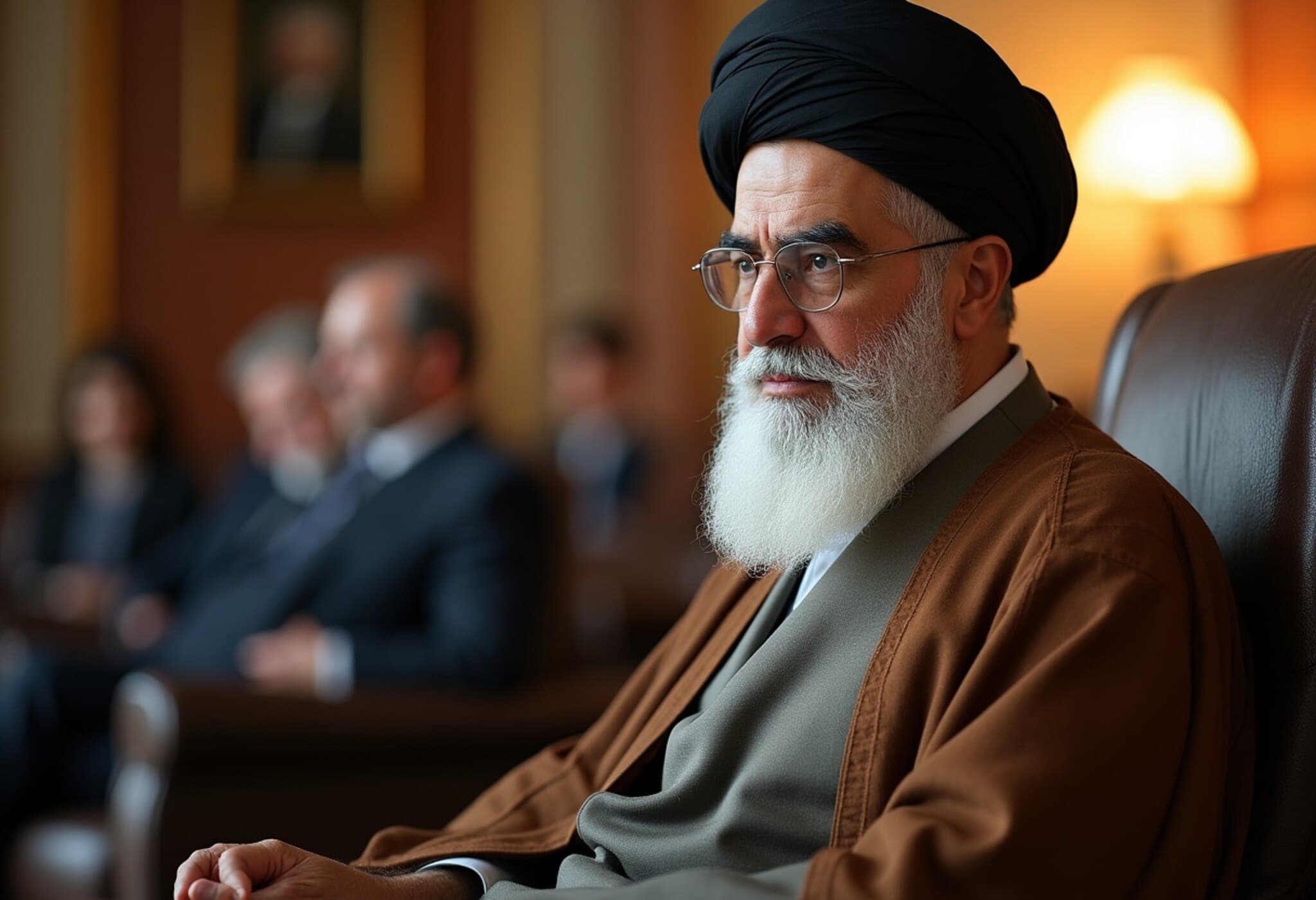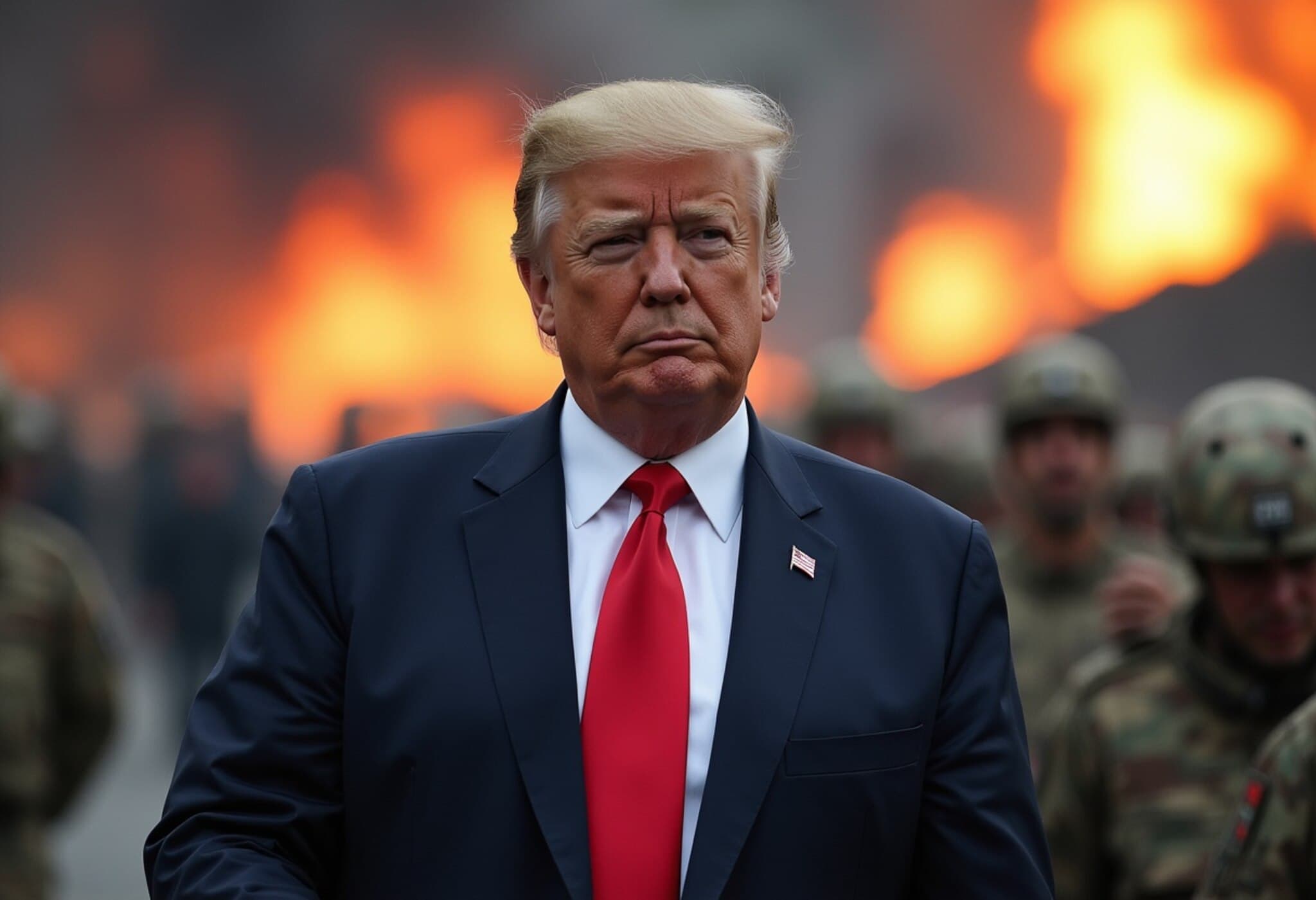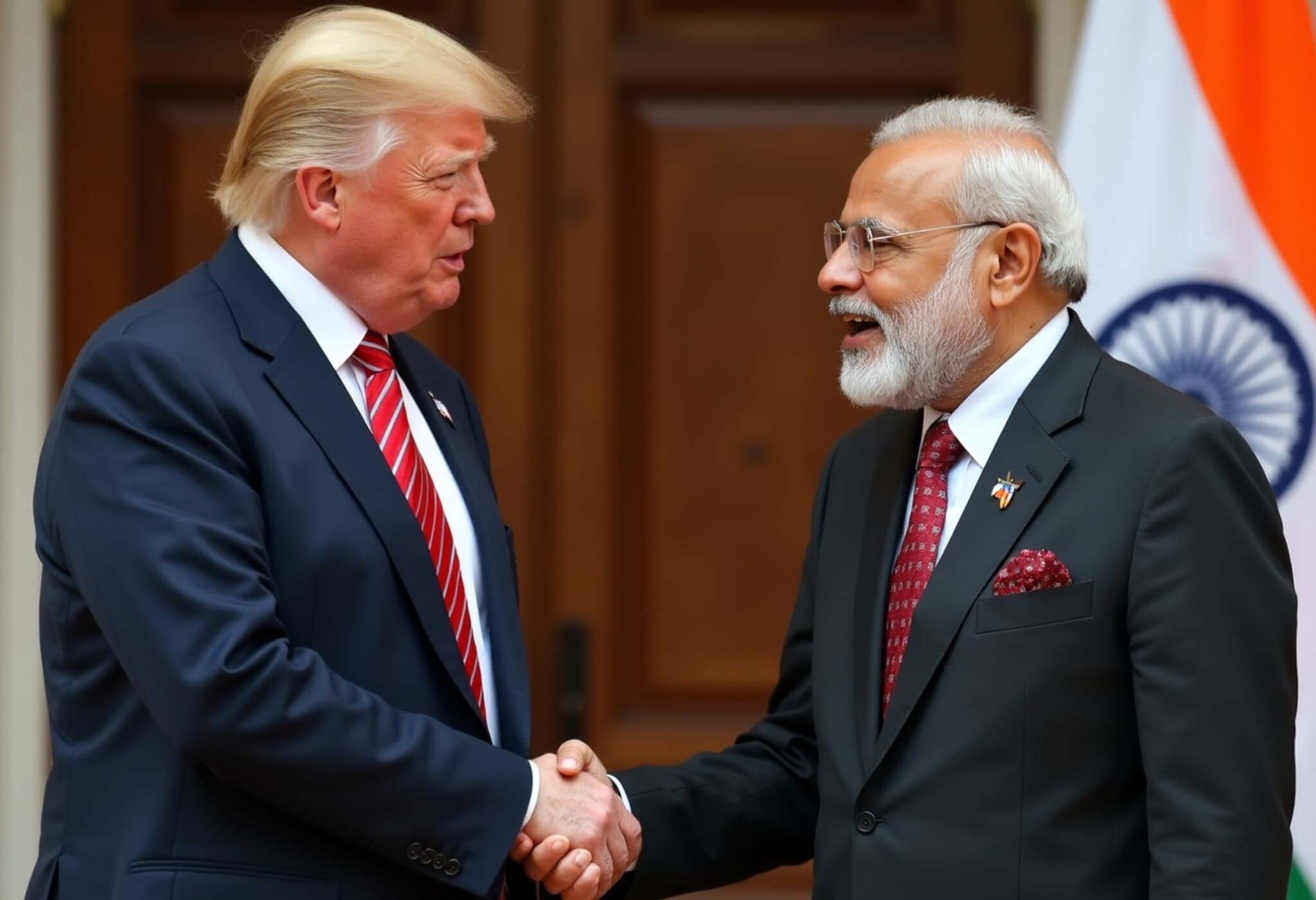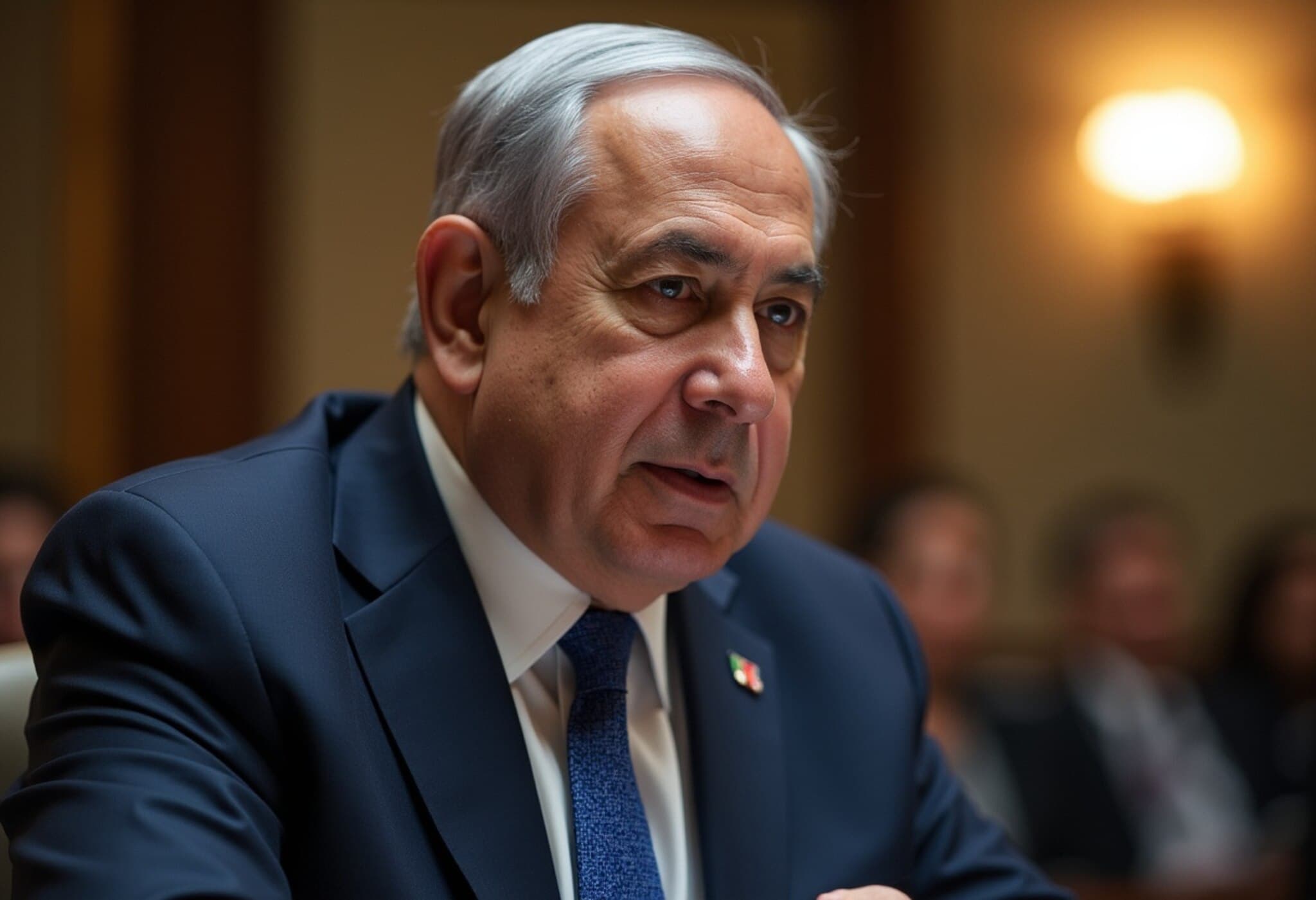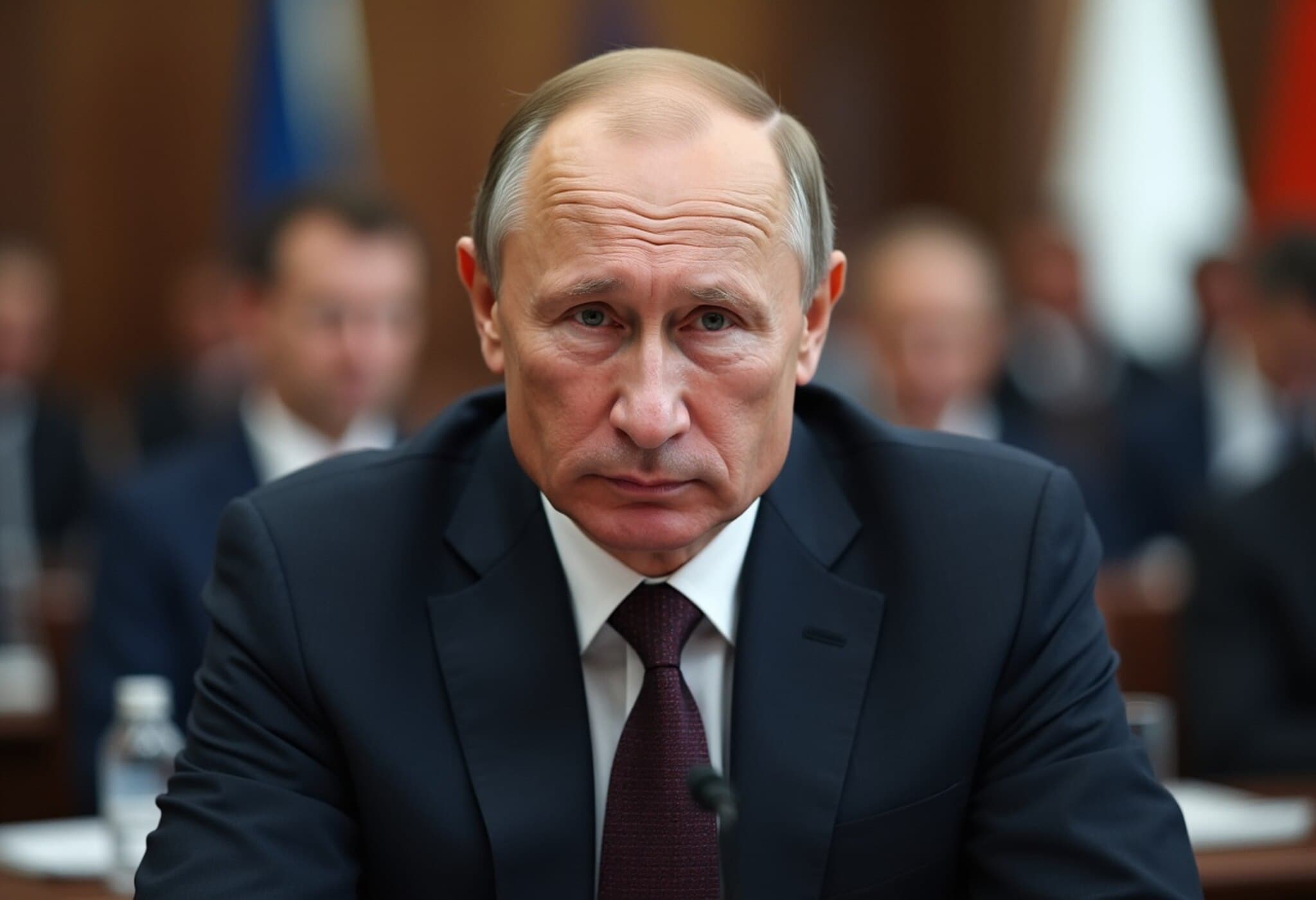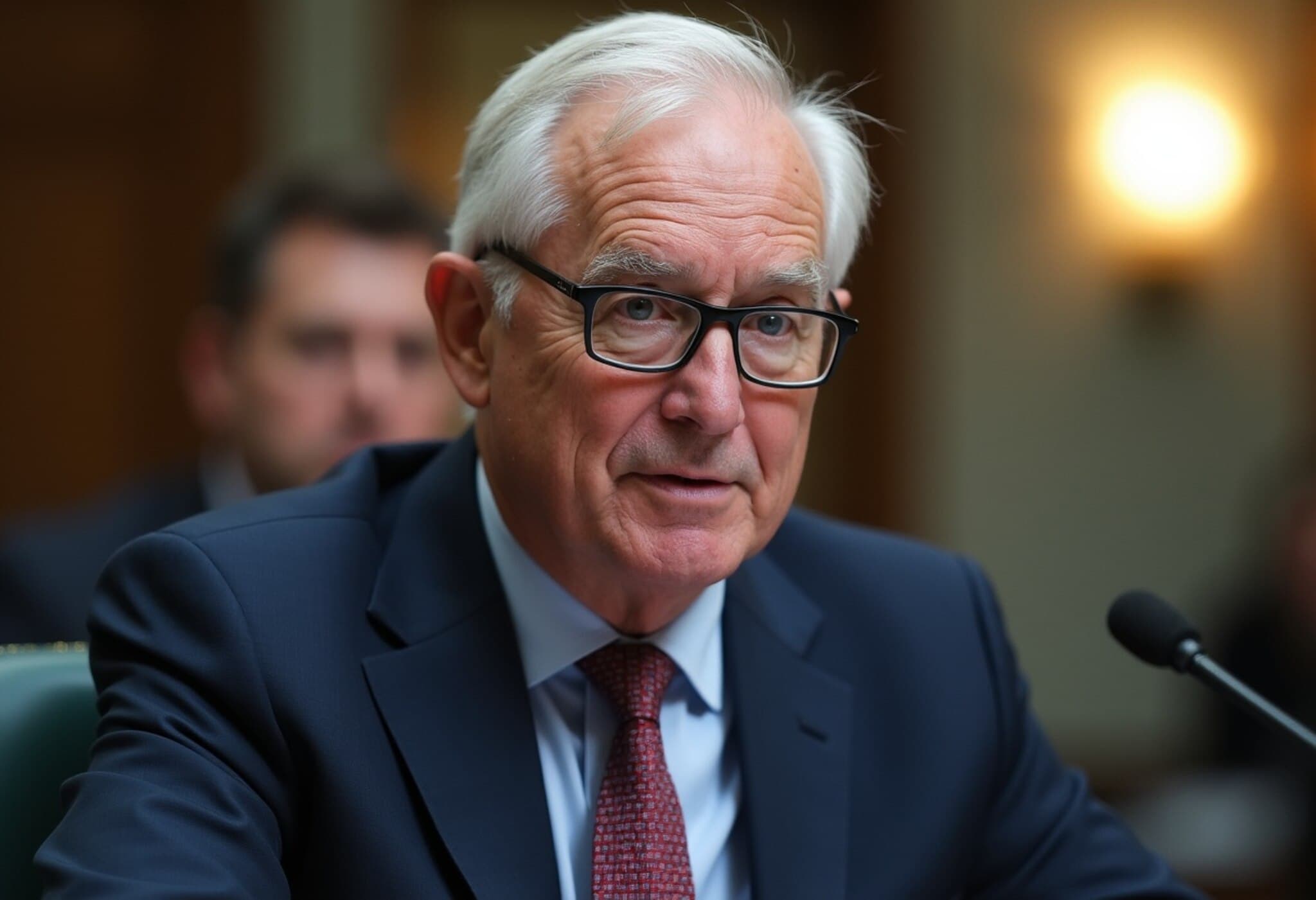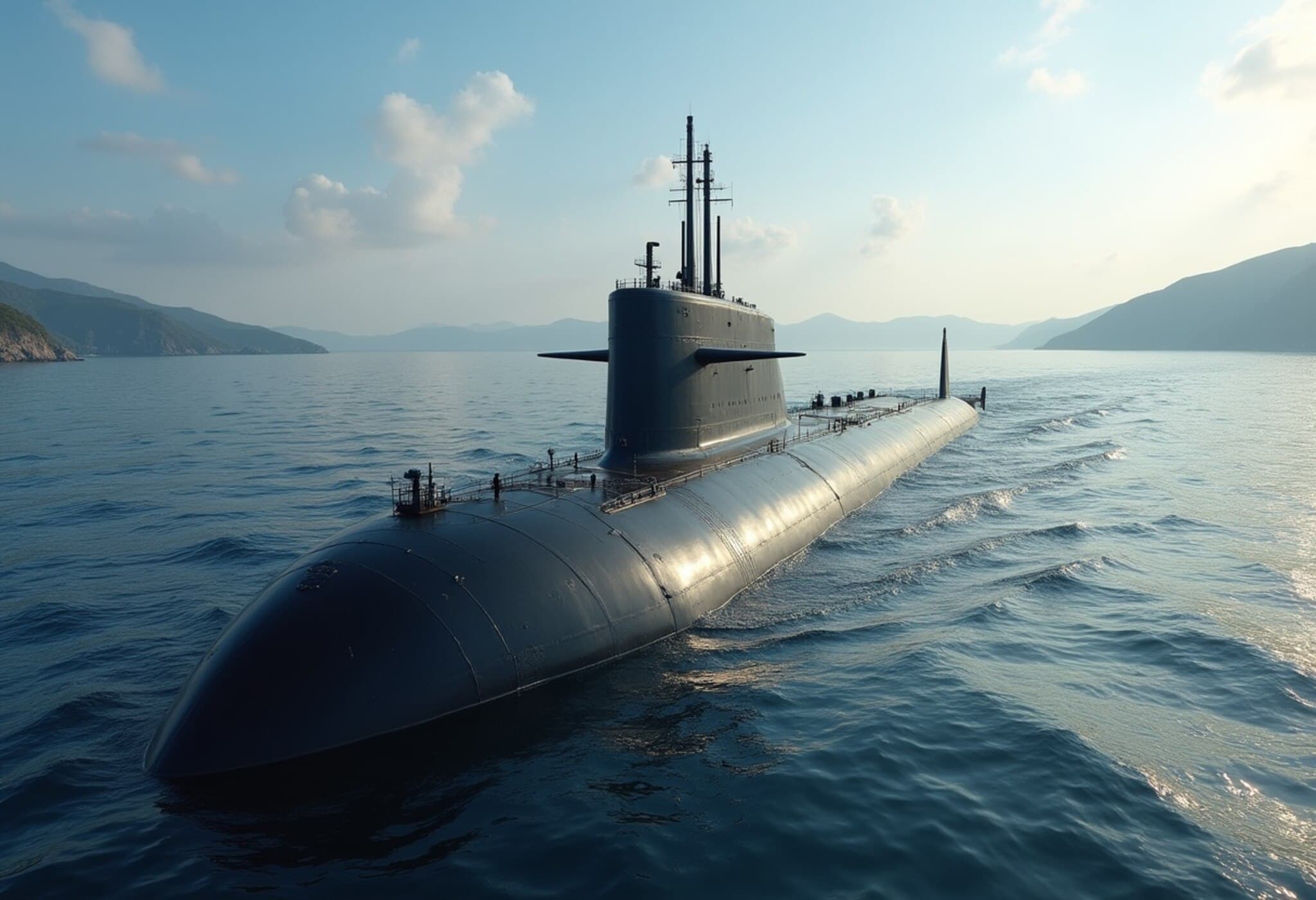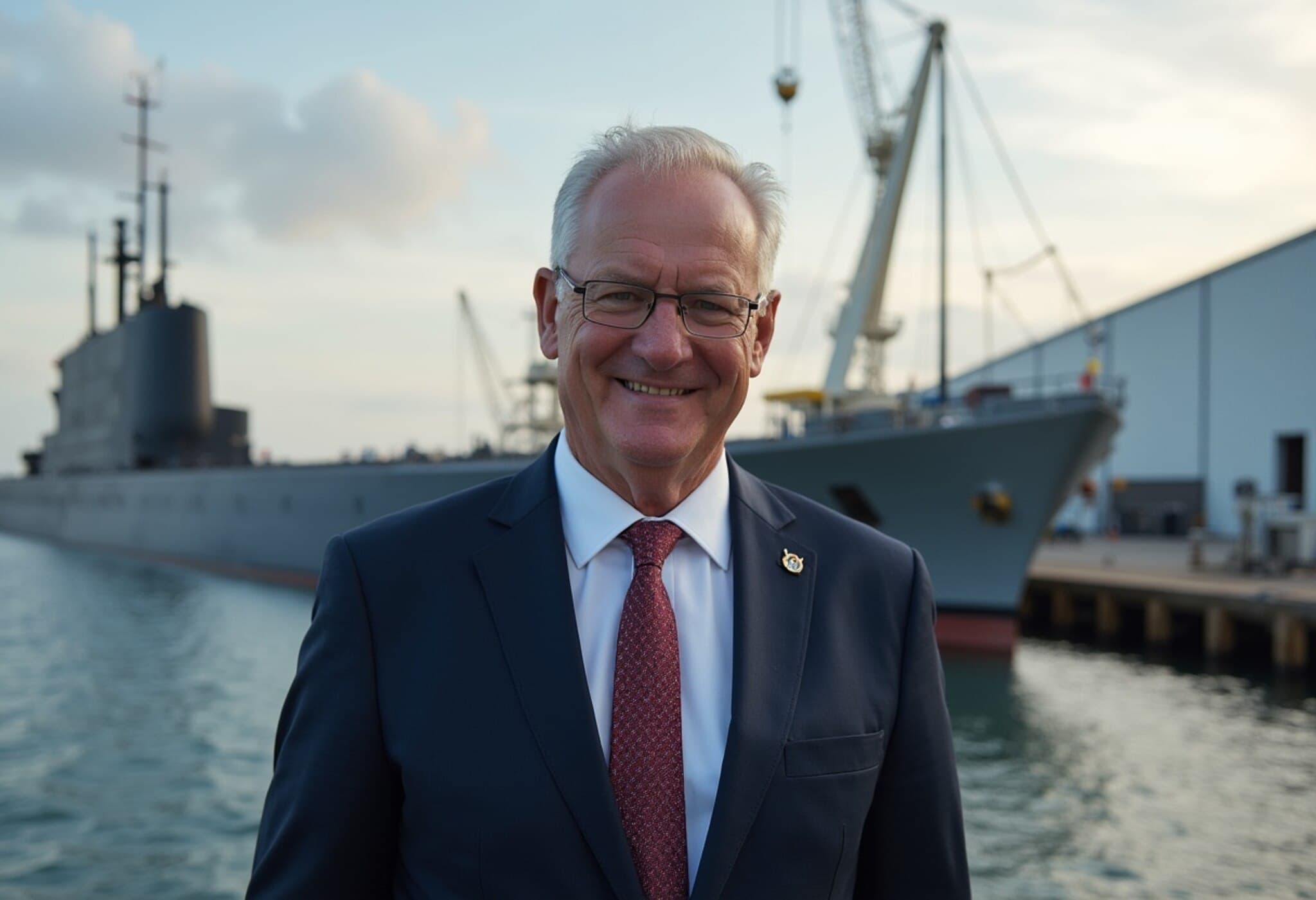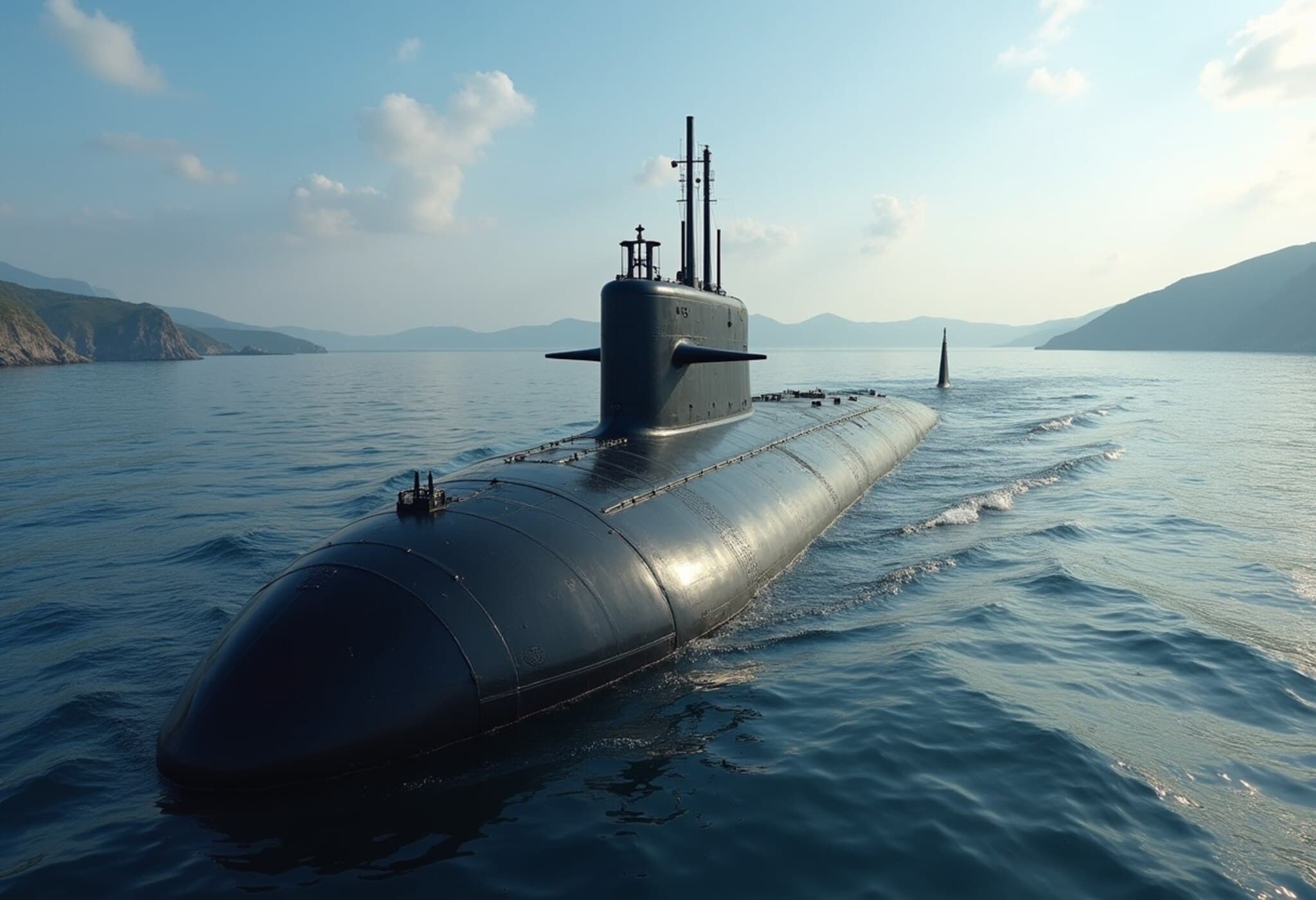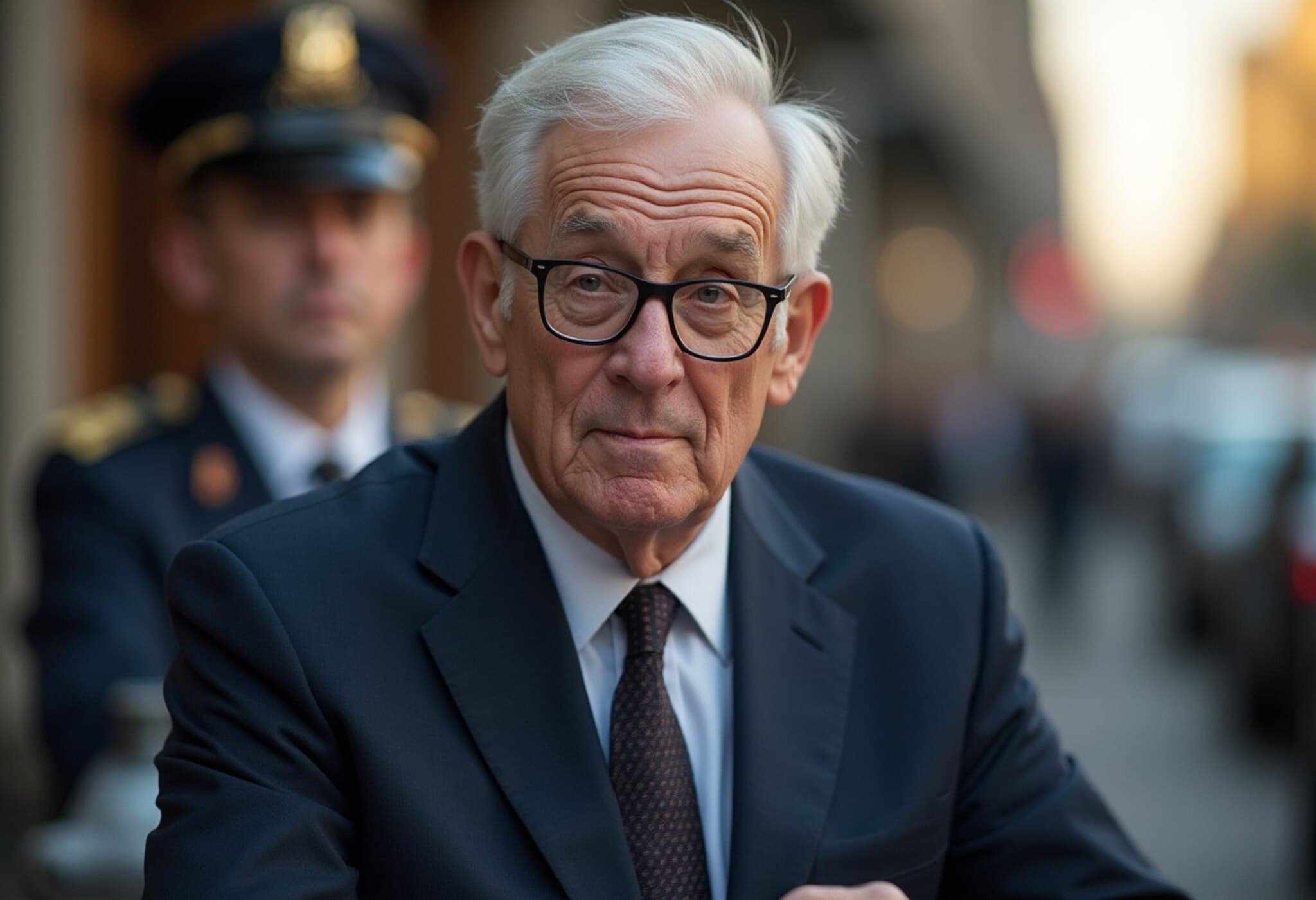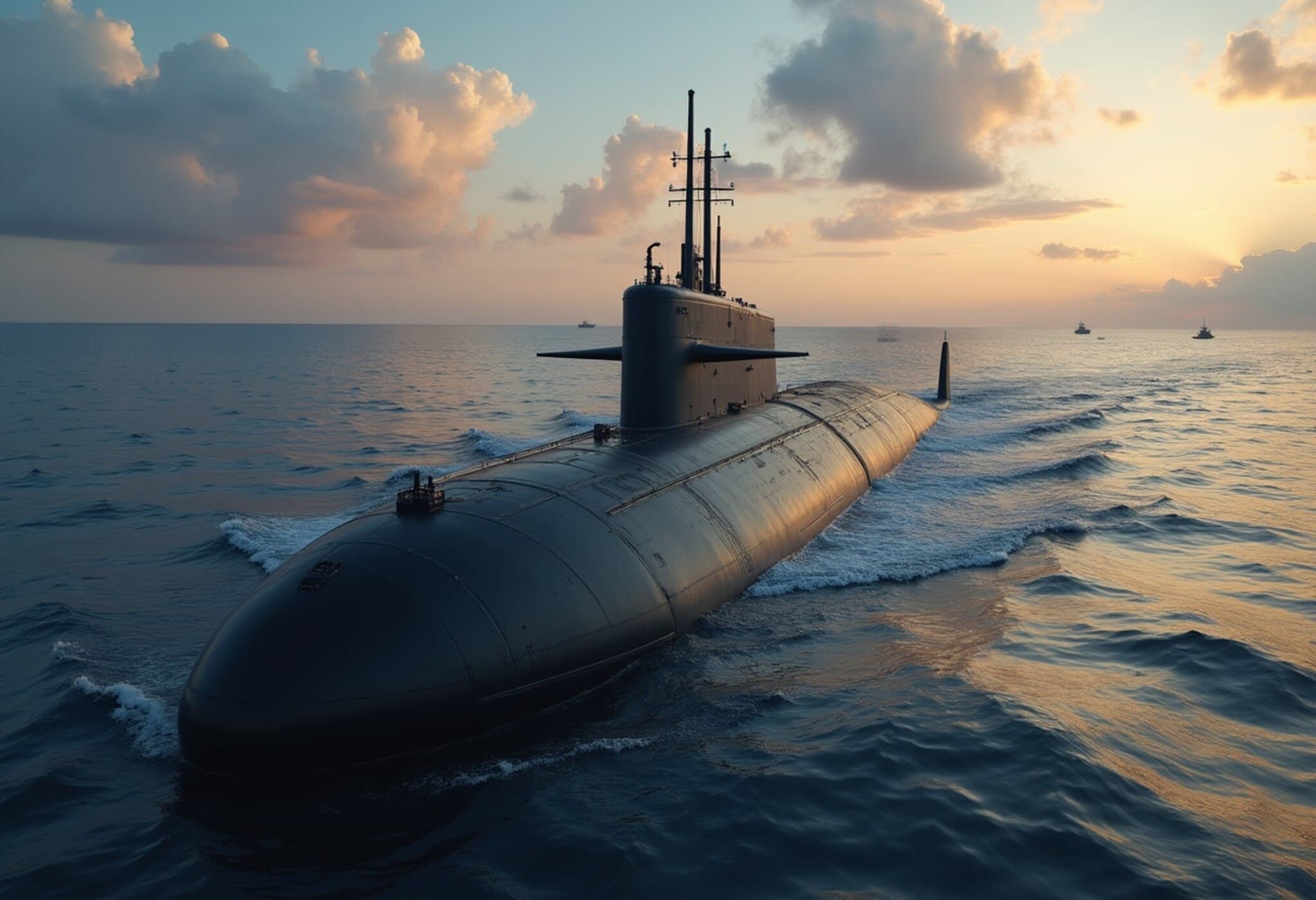Australia Faces a New Diplomatic Reality with Trump’s Return
Since Donald Trump’s unexpected return to the U.S. presidency in 2025, Australia finds itself navigating a far less predictable political landscape. Gone are the days when Canberra could expect the usual diplomatic rituals and steady alliance management. Instead, Prime Minister Anthony Albanese confronts an administration marked by unpredictability, unilateral decision-making, and strategic ambiguity.
Early Engagements: Calm, Methodical, but Short-lived
Albanese initially approached Trump with a measured and statesmanlike demeanor. Following their February 10 phone call, the Australian Prime Minister expressed optimism that working calmly and diplomatically would yield results, especially concerning critical trade issues like steel and aluminium tariffs. For a brief moment, there appeared to be progress: Trump publicly considered granting Australia an exemption from tariffs.
However, reality struck harshly as Trump not only dismissed exemptions but increased tariffs to a staggering 50 percent. This sharp reversal underscored the volatility now defining U.S.-Australia relations.
Defence Relations Under Strain: The AUKUS Review and Weapon Supply Freeze
The Trump administration’s Department of Defense initiated a review of the AUKUS pact—Australia’s trilateral security partnership with the U.S. and UK—led by Pentagon policy chief Elbridge Colby, known for his hawkish views and scepticism toward extensive military aid to partners. Coinciding with that, a sudden and unexplained freeze on certain defensive munitions destined for Ukraine left allies scrambling for answers.
These decisions appeared unilateral and blindsided key actors within the administration and allied governments. At one point, even the State Department claimed ignorance about the Pentagon’s AUKUS review, highlighting unsettling communication breakdowns within Washington.
Inside the Trump Administration: Chaos by Design?
Experts suggest the apparent disorder and opacity in U.S. foreign policy are not merely accidental but intentional. Sophia Gaston of King’s College London points out that strategic ambiguity is a hallmark of the current administration’s governance style. This approach leaves allies like Australia guessing about policy directions and complicates traditional diplomatic efforts.
Within the Pentagon, figures like Colby, who promote a more cautious allocation of military resources, face internal opposition. While critics accuse him of being disruptive, defenders argue that his actions align with the administration’s "America First" priorities, emphasizing national over alliance interests.
Lessons from London: The Need for Political Savvy and Tactical Diplomacy
Australia can look to the United Kingdom’s recent experience as a valuable case study. Despite a Labour government in power, British officials managed to secure a tariff agreement through discreet, behind-the-scenes negotiations rather than public confrontation. London’s success underscores a crucial lesson for Canberra: traditional transparent diplomacy may no longer suffice.
- Political Intelligence: Understanding Washington’s shifting power centers and personalities is essential.
- Leader-to-Leader Engagement: Building personal goodwill with President Trump is a critical entry point.
- Strategic Ambiguity Management: Accepting and navigating unpredictability rather than hoping for stability.
The Road Ahead: Rethinking Australia’s Strategy
Charles Edel from the Centre for Strategic and International Studies emphasizes the need to discard the old diplomatic playbook. The Albanese government, buoyed by domestic political strength, is uniquely positioned to engage Trump directly and advocate for alliance priorities.
However, this will require a more nimble, assertive, and perhaps even combative diplomatic stance—less about measured formality and more about proactive political maneuvering.
Editor’s Note
The return of Donald Trump has thrown traditional international alliances into a period of uncertainty, compelling Australia to evolve its diplomatic approach drastically. As Canberra grapples with these changes, the broader question remains: how can middle powers effectively safeguard their interests when established global rules seem suspended? This moment calls for not only vigilant political intelligence but also innovative statecraft that matches the era’s unpredictability.
Australia’s challenge is emblematic of a wider global trend of rising geopolitical volatility. Observers and policymakers must watch closely how this dynamic reshapes long-standing partnerships and how resilience can be cultivated in a world where 'business as usual' is no longer an option.
Michael Koziol, North America correspondent for The Age and Sydney Morning Herald, specializes in U.S. politics and international relations.

